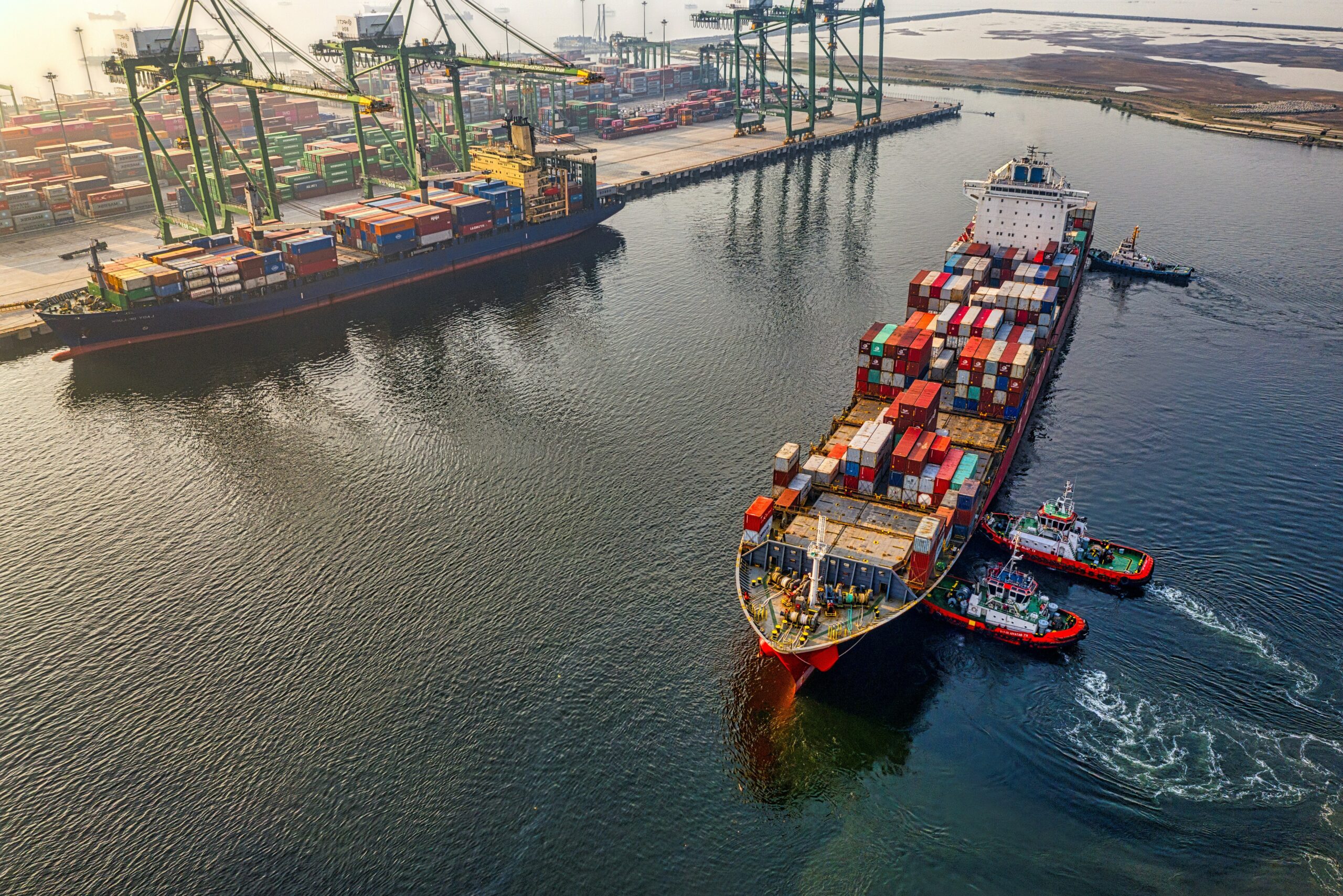Supply chain disruption is here to stay. It’s not a case of if – it’s when regarding the next event that impacts your supply chain (directly or indirectly). You need to understand the importance of balancing resiliency and efficiency, and how the right supply chain management (SCM) software can play a vital role in enabling both.
The level of supply chain disruption that faces organizations has never been higher. Based on events in the past couple of years, Accenture has even described it as a “perpetual storm of disruption”. Recent examples include inflation, skilled labor shortages, the energy crisis, geopolitical unrest, a pandemic and the Suez Canal blockage.
As a response, organizations are looking to strike a delicate balance between building supply chain resiliency while maximizing every opportunity to maintain and, where possible, increase efficiency. Traditionally, organizations have focused on outsourcing manufacturing and various parts of the supply chain into different parts of the world; typically to help drive down costs and increase margins.
A classic example of cost-cutting in this way is buying materials from one supplier, from a single country, as part of attempting to get the best possible price through volume discounts. We all love a bargain, but the risk of this approach is that if something affects either the supplier or the specific country, the situation would leave your entire supply chain massively impacted.
Comparatively, spreading your supply chain across multiple suppliers and different countries can provide real resilience should any issues occur. However, you guessed it, this comes at a price. Your material costs will be higher, alongside greater complexity in planning and managing the supply chain.
While the days of outsourcing aren’t over by any stretch, the unpredictability of global disasters or geo-political issues have proven if you don’t build resiliency into your supply chain, it can literally grind your business to a halt. As a result, the re-emergence of onshoring is not only trending as a hot topic in the board room for its chance of helping support sustainability-focused goals, but it also offers a big win for resilience purposes too.
By increasing onshoring, a lot less travel is needed for products to go from one end of the supply chain into the hands of the customer, offering a significant opportunity to lower the overall carbon footprint, as well as limiting the potential impacts of ongoing global disruption.
As Archimedes discovered, the right (software) solution can help
Shifting shipments has always needed a clever system. Back in Ancient Greece, Archimedes designed a block-and-tackle system to move massive ships using pulley systems, lifting loads as if by magic, with a force less than the load itself. So, when it comes to today’s supply chain shift, why not look at implementing this thinking digitally to alleviate that similar pressure?
The re-emergence of onshoring means, for many organizations, running an efficient and cost-effective supply chain has never been more challenging. The reality of onshoring is that a lot of companies are moving to a hybrid model rather than simply choosing one primary strategy over another. A combined model underpinned by the right technology solution can help companies find the best of both worlds, thereby, mitigating the impact of disruptions while also finding efficiency gains wherever possible.
Supply chain management software is an ideal technology solution to help support the move to hybrid supply chain models, seamlessly connecting your entire ecosystem, no matter whether you are operating locally or globally. Some software, like IFS Cloud, has some key capabilities that are real difference makers to resiliency and efficiency, specifically across transport, warehouse and sales order management.
One recent example of needing to drive greater efficiency across the entire supply chain is the Polish manufacturer and provider of water, heating and technological installations, KAN, selecting IFS Cloud to streamline its supply chain and respond faster to changing market needs. With the solution set to be rolled out to 700 users across six countries worldwide, it will help KAN strengthen its position when preparing to enter new, non-European markets.
More broadly, organizations running the likes of Supply Chain in IFS Cloud have access to multi-leg inbound logistics, warehouse picking process and the ability to maximize transport capacity.
Supply chain management tech is ideally placed to help organizations increase their supply chain resiliency by enabling better decision-making around customer orders; it can provide the feeling of being in control through enhanced data visualization of not just the initial customer orders but also the impact of the change order requests that come in.
Efficiency or resiliency? Why not both?
As organizations react to the latest supply chain disruption and put future plans in place, one thing is for sure disruption is here to stay. In fact, this sustained level of disruption has been a key contributor to a significant move away from one of the classic manufacturing business models of ‘just-in-time’.
Organizations are now embracing hybrid production models with supporting supply chains, offering the right blend of onshoring for resiliency purposes alongside the traditional offshoring as part of keeping costs down. With this shift in mind, it’s never been more important to have the right it’s never been more important to have the right supply chain management (SCM) software, enabling your business to survive, react to disruption and use it as a true differentiator to thrive and grow. (SCM) software, enabling your business to survive, react to disruption and use it as a true differentiator to thrive and grow.





